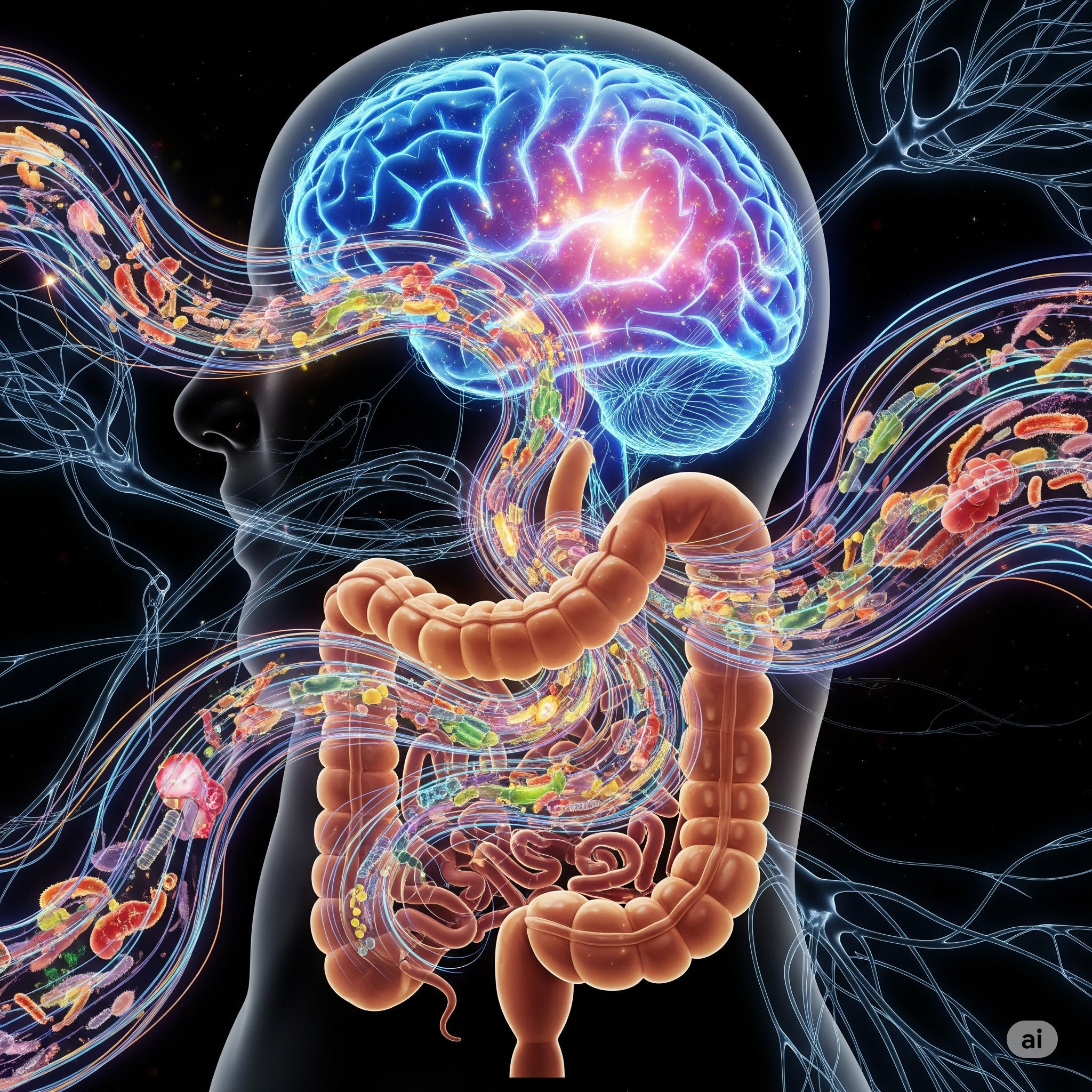Among heart-friendly fats, foods like olive oil, fish (rich in omega-3), avocado, and hazelnuts take the lead. When consumed in the right amounts, these fats can support cardiovascular health. Our heart health is closely linked to our nutrition, and particularly the types of fats we consume can either increase or decrease our risk for cardiovascular disease. For years, the word “fat” has sparked confusion: “Are all fats harmful?” or “Is butter better than margarine?” are frequently asked questions.
In this article, we will examine—through the lens of scientific evidence and in accessible language—the effects of different fat types like olive oil, butter, and omega-3 on cardiovascular diseases, cholesterol, inflammation, and metabolic syndrome. We’ll also highlight recommendations from the World Health Organization (WHO), the American Heart Association (AHA), and the European Society of Cardiology (ESC), and emphasize the importance of healthy fat consumption through the example of the Mediterranean diet. Lastly, we’ll debunk common myths like “all fats are bad” using scientific facts.
Olive Oil: The Liquid Gold of Heart Health
Olive oil—especially extra virgin olive oil—has been a staple of the Mediterranean diet for centuries and is widely recognized as one of the healthiest fats for cardiovascular health. Scientific studies confirm its reputation. For example, a 2020 study found that people who consumed just half a tablespoon (about 7–10 grams) of olive oil daily had a significantly lower risk of heart disease. A long-term study published in the Journal of the American College of Cardiology in 2022 reported that individuals who consumed more than half a tablespoon of olive oil per day had lower rates of cardiovascular disease, Alzheimer’s, and all-cause mortality compared to those who rarely or never consumed it.
What makes olive oil so heart-friendly? Among all plant-based oils, it contains the highest levels of monounsaturated fats, especially oleic acid. These fats help reduce “bad” LDL cholesterol and increase “good” HDL cholesterol. In this way, olive oil has a positive impact on blood lipid profiles and helps reduce the risk of artery-clogging plaque.
Additionally, olive oil is rich in polyphenols—plant compounds with anti-inflammatory and antioxidant properties that can lower blood pressure and reduce oxidative stress in blood vessels. These mechanisms slow the progression of cardiovascular disease.
Olive oil’s protective effects are also seen at the population level. In societies where the Mediterranean diet is followed—where olive oil is the main source of fat—rates of heart disease are significantly lower. In the well-known PREDIMED study, people who followed a Mediterranean diet rich in olive oil had about a 30% lower incidence of major cardiovascular events such as heart attacks and strokes compared to those on a low-fat diet.
The takeaway? Olive oil, when used wisely, is one of the heart’s best friends. Replacing butter or solid fats in cooking with olive oil and adding raw olive oil to salads are delicious and practical ways to improve heart health. Experts also emphasize using olive oil or canola oil instead of butter while cooking to benefit cardiovascular function. Of course, olive oil alone is not a miracle; but when incorporated into a diet rich in vegetables, fruits, and whole grains, it can significantly help reduce long-term heart disease risk.
Butter: Natural and Tasty, But Should Be Used with Caution
With its rich aroma, butter is a beloved staple on breakfast tables—but as an animal-derived fat, it contains high amounts of saturated fats. Saturated fats are typically solid at room temperature due to their fully saturated carbon chains. In addition to butter, other sources rich in saturated fats include lard, tail fat, the fatty parts of red meat, and full-fat dairy products like cream and clotted cream.
So, how does butter—and saturated fat in general—affect heart health?
It’s long been established that saturated fat consumption negatively affects blood cholesterol levels. Our bodies produce most of their cholesterol internally, but consuming too much saturated fat prompts the liver to produce even more, particularly the harmful “bad” LDL cholesterol. Studies show that butter raises LDL cholesterol more than oils like olive oil that are rich in unsaturated fats.
According to the American Heart Association (AHA), individuals with high cholesterol or at risk for cardiovascular disease should limit saturated fat to less than 6% of total daily calories. In a 2000-calorie diet, that equals about 13 grams of saturated fat per day, an amount that can be easily exceeded with just a few tablespoons of butter.
Mixed Research Findings
When it comes to the relationship between butter and heart disease, the scientific literature is not entirely one-sided. Some recent studies suggest that moderate butter consumption may not drastically increase the risk of heart attacks. For example, a comprehensive 2016 meta-analysis concluded that butter intake was not strongly associated with heart disease or diabetes risk. However, this doesn’t mean butter can be consumed limitlessly. Experts emphasize that such findings highlight the importance of overall dietary quality, rather than focusing on individual foods.
That same review, in fact, found strong evidence that replacing butter with plant-based oils like olive oil led to improvements in blood lipid profiles. While the saturated fats in butter may slightly increase HDL (the “good” cholesterol), they more significantly increase LDL, which promotes the buildup of arterial plaque and increases cardiovascular risk.
Additionally, diets high in saturated fats are often associated with obesity and insulin resistance. Overconsumption of saturated fats—especially from processed foods—can increase the risk of metabolic syndrome, a cluster of conditions that includes abdominal obesity, high triglycerides, low HDL, high blood pressure, and high blood sugar.
Consuming butter in excess may contribute to weight gain and disrupt cholesterol balance, potentially setting the stage for metabolic syndrome. Thus, while butter doesn’t need to be completely eliminated, it should be consumed with the mindset of “moderation is key.”
Practical Tips
In summary, butter is a natural and flavorful product, but it should be consumed sparingly to protect your heart. Instead of heavily using butter in cooking or breakfast, consider alternating with healthier options like olive oil. The AHA even recommends replacing butter with trans fat-free soft margarines or liquid vegetable oils for cooking.
If you enjoy the taste of butter and don’t want to give it up, that’s fine—but aim for small portions and balance your total saturated fat intake throughout the day.
Omega-3 Fatty Acids: Cardiovascular Power from Fish and Nuts
Omega-3 fatty acids are essential fats, meaning our bodies cannot produce them and we must obtain them from food. The most heart-beneficial omega-3s are EPA and DHA, primarily found in fatty fish such as salmon, mackerel, sardines, and anchovies. ALA (alpha-linolenic acid), another form of omega-3, is found in flaxseeds, chia seeds, and walnuts.
Omega-3s have several mechanisms that benefit the heart. First, they reduce triglycerides in the blood, a type of fat that contributes to atherosclerosis. They also help lower blood pressure, reduce blood clotting, and decrease the risk of arrhythmias (abnormal heart rhythms).
A 2021 review of 86 clinical trials concluded that omega-3 supplementation reduces the risk of heart attacks and cardiovascular-related deaths, especially in individuals with high blood triglyceride levels. Studies also show that people who regularly consume fish (2-3 servings per week) have lower rates of coronary heart disease.
Beyond just cholesterol, omega-3s are known to have anti-inflammatory effects. Chronic inflammation is a key player in the development of heart disease. Omega-3s work by reducing the production of pro-inflammatory molecules like cytokines and prostaglandins.
Should you take supplements? If you’re not consuming enough fatty fish in your diet, omega-3 supplements (especially those with a balance of EPA and DHA) can be beneficial, but they should not replace a healthy diet.
The European Society of Cardiology (ESC) recommends at least 250-500 mg of combined EPA and DHA per day for general heart protection. For those with high triglycerides or known heart disease, the dose can go higher under medical supervision.
In short, omega-3s are an essential ally in heart health, whether from food or supplementation. The key is regular and adequate intake.
Saturated and Trans Fats: The Real Culprits of Heart Disease
Saturated and trans fats are considered the most harmful types of fats for heart health. We’ve already discussed saturated fats in the context of butter and red meat. Now let’s turn our focus to trans fats, which pose an even more significant danger.
Trans fats are artificially created through a process called hydrogenation, which solidifies liquid vegetable oils. These fats are commonly found in packaged snacks, margarine sticks, cream-filled baked goods, frozen pizzas, fast food, and many fried items.
Why are trans fats so dangerous?
They not only increase LDL (“bad”) cholesterol levels but also lower HDL (“good”) cholesterol, creating a double risk. Numerous studies confirm that even small amounts of trans fats in the diet significantly raise the risk of coronary artery disease.
A 2020 review in the British Medical Journal concluded that reducing trans fat intake significantly lowers heart attack rates in populations. For this reason, many countries—including the U.S., Canada, and members of the European Union—have placed bans or strict regulations on trans fats in processed foods.
Unfortunately, trans fats may still be present in products in some countries where regulation is lax. That’s why it’s essential to read ingredient labels carefully. Avoid items listing “partially hydrogenated oils.”
How Much Is Safe?
The World Health Organization recommends that trans fats make up less than 1% of total daily energy intake—ideally zero. The American Heart Association takes a similar stance, advocating for complete elimination.
In the context of saturated fats, as mentioned earlier, these should also be limited to less than 10% (or even 6% for those at risk) of daily calories. Swapping out saturated fats for unsaturated ones can significantly reduce cardiovascular risk.
In practical terms:
- Replace fatty cuts of meat with lean poultry or legumes.
- Cook with olive or canola oil instead of butter or palm oil.
- Avoid bakery products and fried foods unless you know they are free of trans fats.
Even though some saturated fat in the diet is tolerable, trans fats should be completely eliminated whenever possible.
Final Thoughts: Choose Your Fats Wisely for a Healthy Heart
Fats are not the enemy—but the type of fat and how much you consume matters greatly. In light of current scientific evidence, here are the core recommendations:
✅ Prioritize heart-healthy unsaturated fats from olive oil, nuts, seeds, and fish.
❌ Avoid trans fats at all costs.
⚠️ Limit saturated fats, especially from red meat, butter, and full-fat dairy.
🎯 Follow dietary patterns like the Mediterranean diet, which is consistently linked to lower rates of cardiovascular disease.
📖 Always read labels when buying packaged foods.
By being mindful of the types of fats in your diet, you can protect your heart, reduce inflammation, improve cholesterol levels, and support overall health. Remember: you don’t need to fear fat—you just need to choose wisely.
Your heart will thank you.


